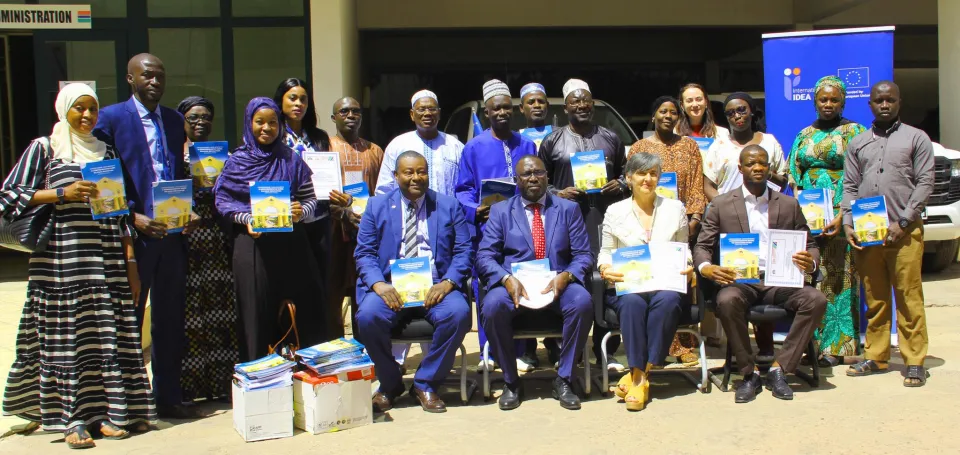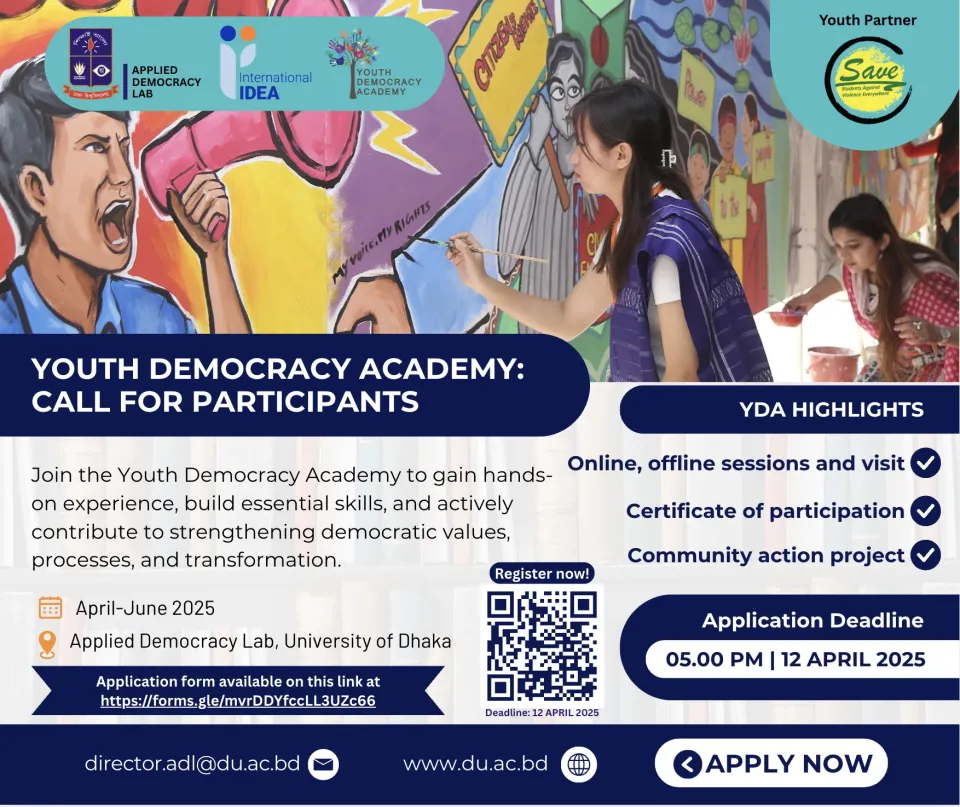What do I need to know, and when do I need to know it? Democracy, the news, and hedgehogs

Disclaimer: Opinions expressed in this commentary are those of the authors and do not necessarily represent the institutional position of International IDEA, its Board of Advisers or its Council of Member States.
Half a century ago, the most important question in US-American politics was ‘What did the President know, and when did he know it?’ Today, with even that level of political accountability a distant memory, an important question for citizens of all countries to ask is ‘What do I need to know, and when do I need to know it?’. The experience of the last few weeks illustrates an almost timeless problem in the interaction between information and democracy: information is not distributed according to need.
Since the second inauguration of US President Donald Trump, the volume of political news out of the United States has been immense. Despite this, it is fair to assume that the people who are most affected by recent developments (such as the pause in all US funded foreign aid that has left vulnerable people without medication and food) were least informed about it, while tens of thousands of people who are at worst marginally affected and unable to do anything productive about it have read more about the activities of the new cost cutters in Washington than they ever thought they would.
Over and underconsumption of news media
Humanity is of course a complex species, but we can simplify the human behaviours of interest here by stipulating that there are many people who consume too little news, and some smaller number of people who consume too much. Describing those who consume too much, Martin Robbins recently likened the effects of this information overload to a denial of service (DoS) attack, encouraging ‘news junkies’ to ‘step back, slow down, breathe, and let the light in’.
Among those who consume too little, some people are merely uninterested, but researchers have also identified practices of ‘news avoidance’. The news makes many people feel bad (or at least overwhelmed), they don’t like feeling bad, so they avoid the news. It makes some sense. However, recent research in Wales has suggested that people don’t necessarily want to avoid the news; they just don’t receive the kind of reporting that would help them makes sense of the world. Whatever the motivation, wilful ignorance of political events is incompatible with democratic citizenship.
Foxes and hedgehogs
So, like anything else in life, both quantity and quality matter. Much as the ‘slow food’ movement encouraged people to start with local, high-quality ingredients and cook traditional (slow) cuisine, a democratically productive media consumption practice is likely to include high quality reporting that took time (and money) to produce.
Or, to adapt the ancient Greek poet Archilocus’ metaphor of foxes (who know many tricks) and hedgehogs (who know only one, but a good one), a news consumption habit that supports democratic citizenship should be more hedgehoglike. Social media and television news push us in the direction of the fox: shouty headlines and misleading chyrons giving us the feeling we know what’s going on while in fact we are merely distracted by shiny things. Long-form journalism and books (and occasionally social media threads and deeper television programs) support democratic citizenship by cultivating the sensibilities of the hedgehog.
Problems of lucre and locality
It is tempting to look at the current moment in world history as a uniquely bad time for public awareness of events of public importance. In addition to unfolding situation in Washington, we are blessed (cursed) with a large number of social media platforms (both global and regionally based) through which we can learn about local, national, and international politics. At the same time, the challenges to traditional (and particularly print-based) media have been well documented.
Continuing with the United States as an example, many rural areas have been classed as ‘news deserts’, while 7 per cent of all the journalists in the country now work for the New York Times. This is not a slight to the Times but rather highlights the extent to which a once geographically distributed media sector has been completely restructured by market pressures. Similar processes have been underway in many other countries. For example, the small media market in New Zealand has consolidated so much that more than three quarters of the journalists in the country work for the five largest media outlets.
In this respect, the interests of democracy and the interests of profit-making media are not aligned: the things that people find interesting are often macabre, salacious, or bizarre; the things that citizens in a democracy need to know about are often complex, ambiguous, or deeply boring. Moreover, the things that people need to know about are often local, while the stories that capture attention and can be published at scale are international.
What we can do
The key point to consider for all of us – both citizens with ‘normal’ interests and those of us who treat politics as a hobby – is to make the kinds of distinctions implied by the paraphrased question with which we began: what do we need to know, and when do we need to know it? The things we most need to know concern concrete events, legislative proposals, political campaigns and the like in the jurisdictions that have some influence over our lives. (Luckily, IDEA has a tool for just this purpose.) We need to know about them the most when there is a reasonable opportunity to take action.
Outrage is usually wasted energy – outrage over the actions or statements of foreign leaders all the more so. Slow consumption of high-quality information should lead democratic citizens to action. Context dictates the scope of actions that can be safely undertaken; the increasing levels of repression around the world have been well documented. But if, after slowly reading a well-researched story on a political problem, one remains sufficiently outraged: it’s time to act. Brave people all over the world have found ways to communicate their demands to their leaders. Not much was changed in the world by heart-rate raising social media posts.




